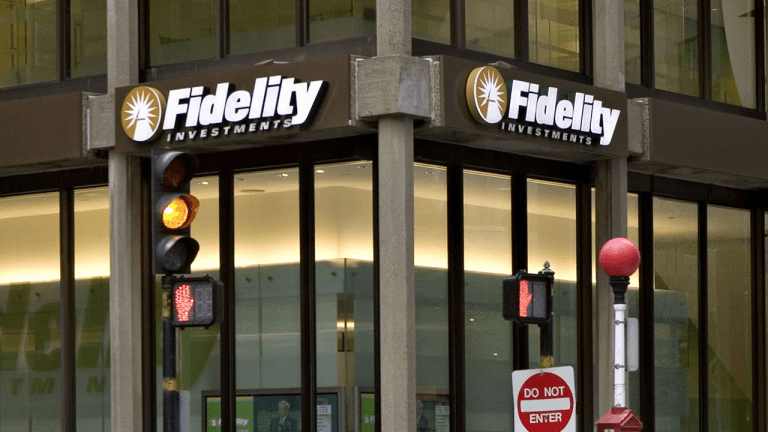
Fidelity Investments, a financial services giant, has made a significant move in the world of cryptocurrency and blockchain technology. The company has unveiled a new onchain tokenized share class for a U.S. Treasuries money-market fund on the Ethereum blockchain. This innovative offering is known as the Fidelity Digital Interest Token (FDIT) and is specifically designed for institutional clients.
The FDIT is built as an ERC20 token on the Ethereum blockchain, allowing for the seamless recording of ownership, transfers, and settlements on the blockchain. This tokenization of a traditional financial asset, such as a money-market fund, opens up new possibilities for investors by providing them with a digital representation of their investment. This move also enables 24/7 transferability and operational features for the investors utilizing the FDIT.
By introducing the FDIT, Fidelity Investments is taking a step towards merging traditional finance with the world of decentralized finance (DeFi). DeFi has been gaining significant traction in recent years, offering innovative financial solutions without the need for intermediaries like banks or traditional financial institutions. Fidelity's entry into the realm of tokenized assets on the blockchain demonstrates a growing acceptance and adoption of blockchain technology within the mainstream financial industry.
Tokenizing assets like the U.S. Treasuries money-market fund on Ethereum brings a new level of transparency and efficiency to the traditional financial ecosystem. The blockchain technology ensures that ownership records are secure, immutable, and easily accessible. Additionally, the ability to conduct transactions on a decentralized network like Ethereum offers increased speed and cost-effectiveness compared to traditional financial systems.
Fidelity's decision to tokenize a share class of a money-market fund on the blockchain also signals a growing interest in digital assets and blockchain technology among institutional investors. By leveraging the benefits of blockchain technology, Fidelity is not only enhancing the accessibility and liquidity of traditional assets but also paving the way for further innovation in the financial industry.
As the cryptocurrency and blockchain space continues to evolve, it is likely that more traditional financial institutions will explore opportunities to leverage blockchain technology for asset tokenization and other financial services. Fidelity's introduction of the FDIT is a significant development in this direction, highlighting the potential for blockchain technology to revolutionize the way financial assets are managed, traded, and accessed in the digital age.

Leave a Reply